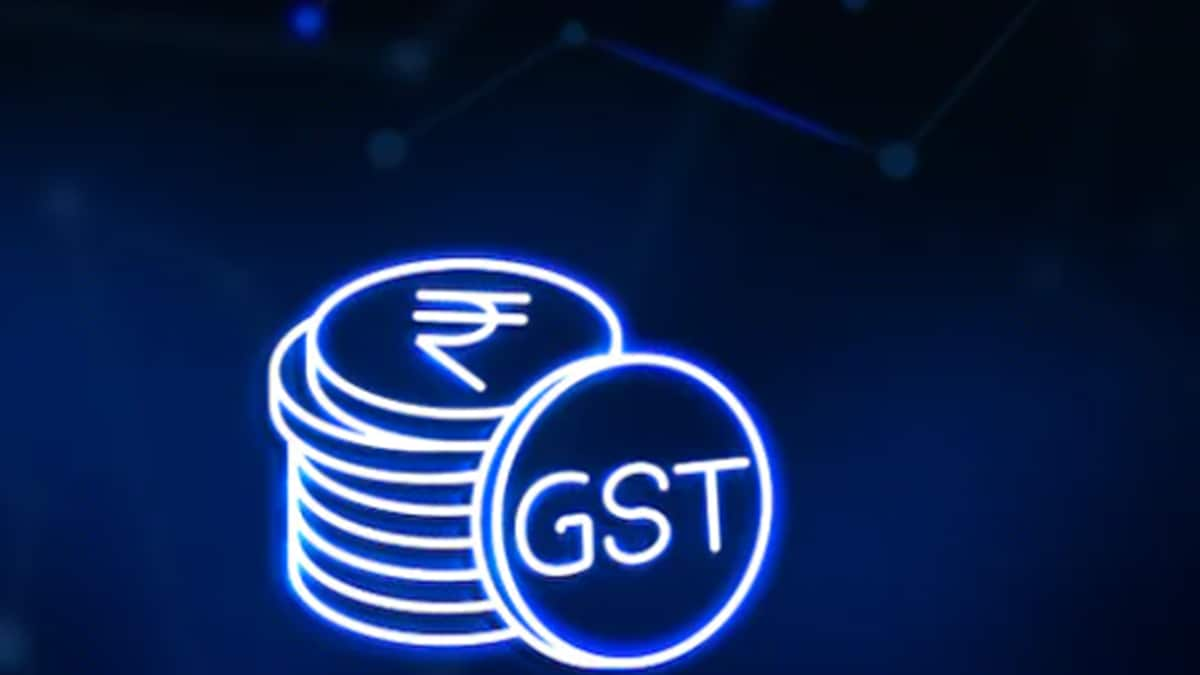The GST Council has established two ministerial panels to address crucial matters pertaining to the Goods and Services Tax (GST) system. The first panel, led by Bihar Deputy Chief Minister Samrat Choudhary, will focus on rationalizing tax rates on health and life insurance premiums. The second panel, also led by Choudhary, will discuss overall GST rate rationalization, with a particular emphasis on potentially reducing the 12% tax slab and bringing more items into the 5% bracket. These meetings, scheduled for October 19, 2023, are expected to bring significant changes to the GST regime.
Reviewing GST Rates on Insurance Premiums
The GoM on health and life insurance premiums will deliberate on lowering the current 18% GST levied on these premiums. This proposal seeks to alleviate the financial burden on individuals seeking insurance coverage. The panel will carefully consider the implications of reducing the tax rate on various types of health and life insurance policies, including:
Health Insurance
- Individual Health Insurance
- Group Health Insurance
- Family Floater Health Insurance
- Medical Insurance for specific categories like senior citizens, middle class individuals, and people with mental illnesses.
Life Insurance
- Term Insurance
- Life Insurance with investment plans (individual and group)
- Reinsurance
The GoM will examine the fiscal impact of a reduced GST rate on health and life insurance premiums. While the reduction aims to provide financial relief to consumers, the government needs to ensure revenue stability.
Assessing Fiscal Impact
Data from the fiscal year 2023-24 reveals that the Centre and states collected Rs. 8,262.94 crore through GST on health insurance premiums and Rs. 1,484.36 crore through GST on health reinsurance premiums. The GoM must weigh these revenue figures against the potential benefits of lowering the tax rate. If a reduction is implemented, alternative measures might be necessary to compensate for the projected revenue loss.
Exploring Comprehensive GST Rate Rationalisation
The second GoM, tasked with broader GST rate rationalisation, will explore various strategies to refine the current four-tier GST structure (5%, 12%, 18%, and 28%). This includes:
Merging Slabs and Tax Rate Adjustments
- The GoM may propose the merger of the 12% and 18% tax slabs. This would simplify the GST system and potentially enhance revenue collection.
- The panel will also explore lowering the GST on certain goods to the 5% slab, such as medical and pharmaceutical items, bicycles, and bottled water. This move aligns with the government’s focus on easing the burden on consumers for essential commodities.
Revenue Compensation
- The potential revenue loss from lower tax rates on essential items is a concern. To offset this, the GoM might propose raising tax rates on select luxury items like aerated water and beverages. This approach balances revenue considerations with consumer affordability.
Ensuring a Balanced and Efficient GST Regime
The meetings of these two ministerial panels hold significant implications for the Indian economy. The discussions aim to achieve a delicate balance between simplifying the GST system, improving consumer affordability, and maintaining revenue stability for the government.
The recommendations put forth by the GoMs will be crucial for shaping the future of GST in India. It remains to be seen how the panel’s deliberations will unfold and what measures will ultimately be adopted to fine-tune the GST system.
Take Away Points
- The GST Council has set up two ministerial panels to address tax rate rationalisation and lower the tax burden on health and life insurance premiums.
- The GoM on insurance premiums aims to lower the current 18% GST rate, which could reduce financial stress for individuals seeking insurance coverage.
- The broader GoM on GST rate rationalization will discuss simplifying the current four-tier system, potentially merging the 12% and 18% slabs and bringing more items into the 5% bracket.
- To address potential revenue losses due to rate adjustments, the GoM might propose raising tax rates on luxury items like aerated water and beverages.
- The outcome of these panels will be significant for shaping the future of GST in India, impacting both consumers and the government’s revenue collection.




